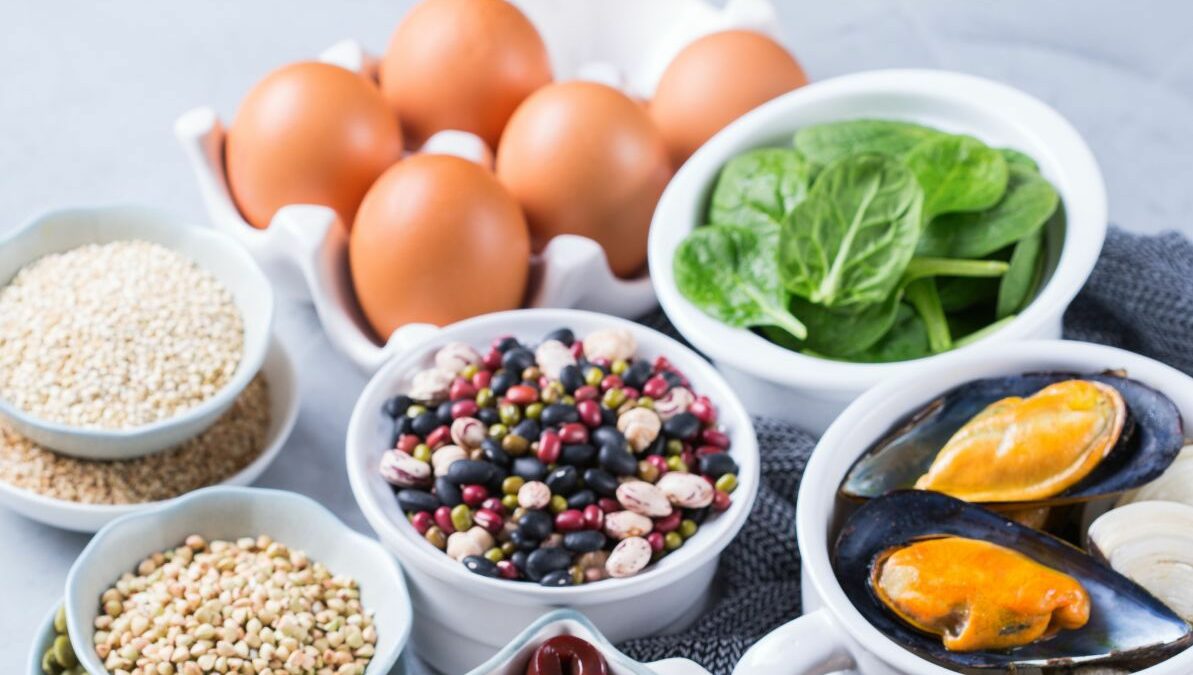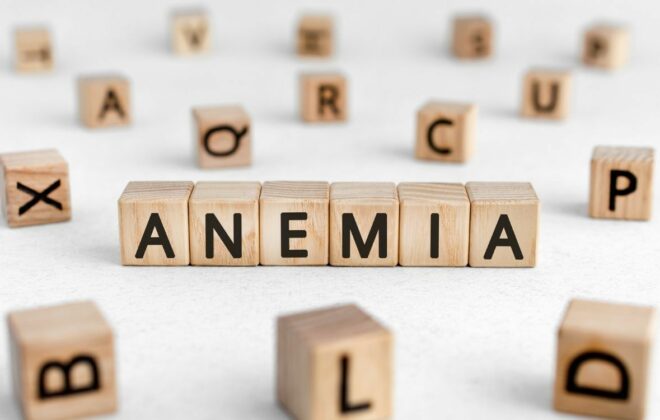4 Essential Minerals for Health You Can’t Ignore
Here are 4 essential minerals for health that you should keep in mind when planning your meals and diet choices.
You know what they say: “You are what you eat.”
But what if you’re not eating right?
It’s not enough to simply think about the food that goes into your body. You also need to consider the minerals that help your body function and the vitamins and nutrients that keep it running smoothly. If you’re not getting enough essential minerals, it could be causing a whole host of problems.
Iron, magnesium, potassium, and calcium are all essential to your body’s functions. They help it to maintain healthy bones and muscles, regulate heartbeat and blood pressure, balance hormones and brain function, manage stress levels, and more.
This article will look at each of these minerals and how they affect your overall health. Keep reading to learn how you can incorporate more of these minerals into your everyday diet through natural food sources.
What are Essential Minerals?
Before we discuss the 4 essential minerals, let’s start with the basics.
Essential minerals are the nutrients your body needs to function properly. They are called “essential” because you must obtain them from your diet.
These minerals help regulate various bodily processes, including blood pressure, temperature regulation, bone development, immunity, and more.
What Happens if You Don’t Get Enough Minerals?
If you don’t get enough minerals, you may not feel your best. You might have trouble sleeping or concentrating and get sick more easily.
If you are not sure you’re getting enough minerals, talk to your doctor or nutritionist. They can help you figure out what’s going on with your diet and ensure you get everything your body needs.
Furthermore, they can address any questions you may have about symptoms due to a mineral deficiency. They can even perform certain tests and recommend treatment options to help increase your levels.
4 Essential Minerals for Health You Can’t Ignore
1. Iron
Iron is an essential mineral that plays a role in many processes, including the transportation of oxygen throughout your body. It helps to produce red blood cells, which carry oxygen to all parts of your body, and also helps to regulate your body temperature.
Iron deficiency is common in pregnant or breastfeeding women, children, and people who suffer from certain health conditions that affect iron absorption. If you’re not getting enough iron from your diet or other sources, you may develop anemia — a condition where there aren’t enough healthy red blood cells circulating through your body.
Symptoms of iron deficiency include cold hands and feet, trouble breathing, and low energy.
Fortunately, plenty of foods can help you increase your intake of this important nutrient!
Iron is found in many foods, including red meat, poultry, fish, beans and lentils, tofu and soybeans. You can also get some iron from leafy green vegetables like spinach and kale.
2. Magnesium
Magnesium is the fourth most abundant mineral in the body and plays an important role in hundreds of biochemical reactions. It’s also a vital component of bone and teeth and helps keep your heart rhythm steady.
Your body can’t function without this essential mineral. Magnesium helps regulate blood pressure, promotes normal muscle and nerve function, supports a healthy immune system, and keeps bones strong.
Without enough magnesium, you may experience symptoms such as fatigue, muscle weakness, and cramps.
You can get magnesium from whole grains, nuts, seeds, leafy greens like spinach, beans and legumes like black beans or lentils, dark chocolate… the list goes on!
3. Potassium
Did you know that potassium is one of the most important minerals for your body?
It helps regulate your blood pressure and heart rate. Plus, it also keeps your muscles strong and healthy, which means it’s a great mineral to increase your intake of if you’re trying to lose weight.
Low potassium levels can result in constipation, fatigue, and muscle damage.
To avoid these mineral deficiency symptoms, try increasing your intake of potassium-rich foods by adding more leafy greens to your diet! Spinach, kale, romaine lettuce, Swiss chard, collard greens, bok choy, and arugula are all great options. Additionally, potatoes, tomatoes, avocados, and bananas can boost your intake. These foods are great sources of fibre too!
4. Calcium
Calcium is a mineral essential to the health of your bones and teeth. It helps us build strong bones and helps the body absorb and use other important minerals, including magnesium and phosphorus.
Without the right amount of calcium in your diet, you are more likely to experience symptoms such as fatigue, osteoporosis, and insomnia.
Even though you may be aware of the importance of calcium, you may not be sure how to get enough in your diet. Thankfully, we have some suggestions that can help.
Calcium can be found in many foods, including dairy products like milk, cheese and yogurt; fish such as salmon and sardines; soybeans; and leafy greens such as kale and spinach.
In addition to consuming foods rich in calcium, there are other ways to ensure that you get enough calcium in your diet. For example, some fruits contain high amounts of calcium, such as oranges, berries, kiwi, and apricots. Calcium-fortified foods are another option for increasing your intake of this important mineral.
Final Thoughts
We hope you’ve enjoyed this look at the 4 essential minerals for health.
Remember, if you’re eating a nutrient-rich and healthy diet, you are probably getting enough of these minerals. But if you’re concerned about deficiencies or want to be sure that your body is getting all the nutrients it needs, it’s a good idea to talk with your doctor about whether you should take a supplement or try other treatment options.
Finally, always check with your doctor before starting any new treatment regimen—especially if you have any existing health conditions or are taking medications.
Resources:
https://www.health.harvard.edu/staying-healthy/precious-metals-and-other-important-minerals-for-health
https://www.healthline.com/nutrition/how-much-iron-per-day
https://wellspringiv.com/different-types-of-anemia/
https://www.healthline.com/nutrition/healthy-iron-rich-foods
https://www.healthline.com/nutrition/magnesium-benefits
https://www.healthline.com/nutrition/10-foods-high-in-magnesium
https://www.health.harvard.edu/staying-healthy/the-importance-of-potassium
https://www.healthline.com/nutrition/foods-loaded-with-potassium
https://www.verywellhealth.com/calcium-supplement-health-benefits-190470
https://www.healthline.com/nutrition/15-calcium-rich-foods




